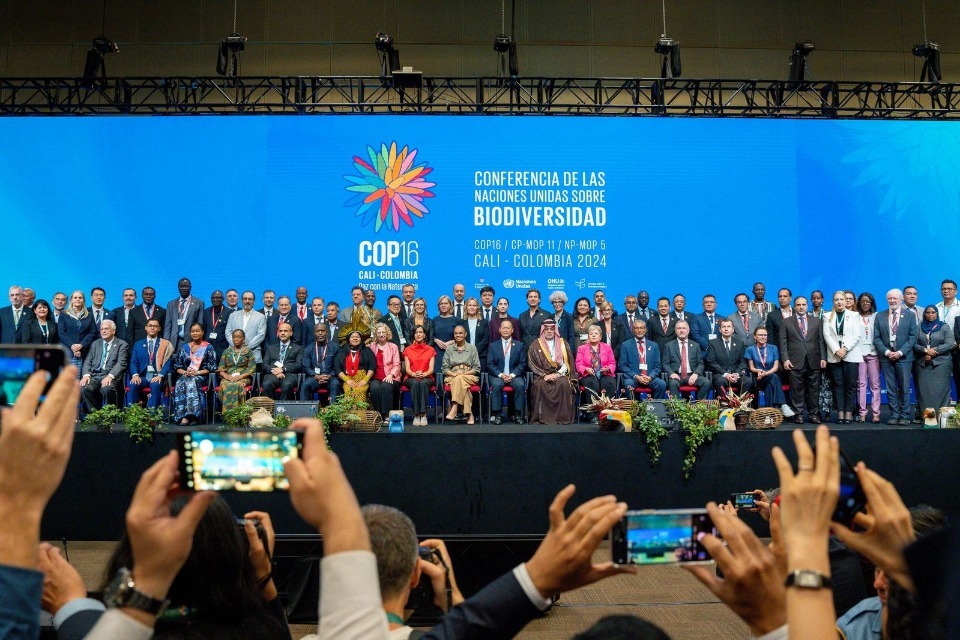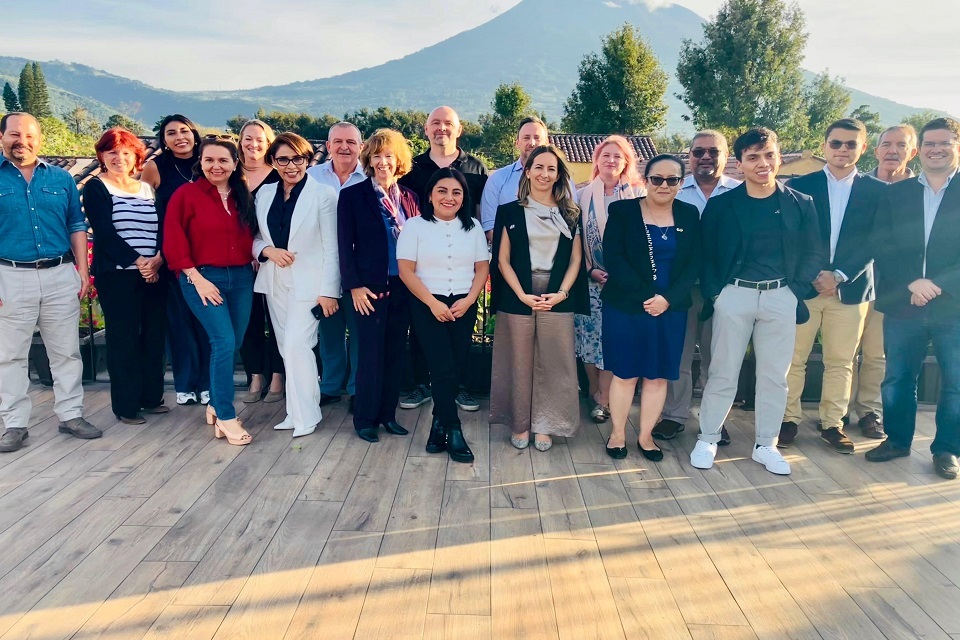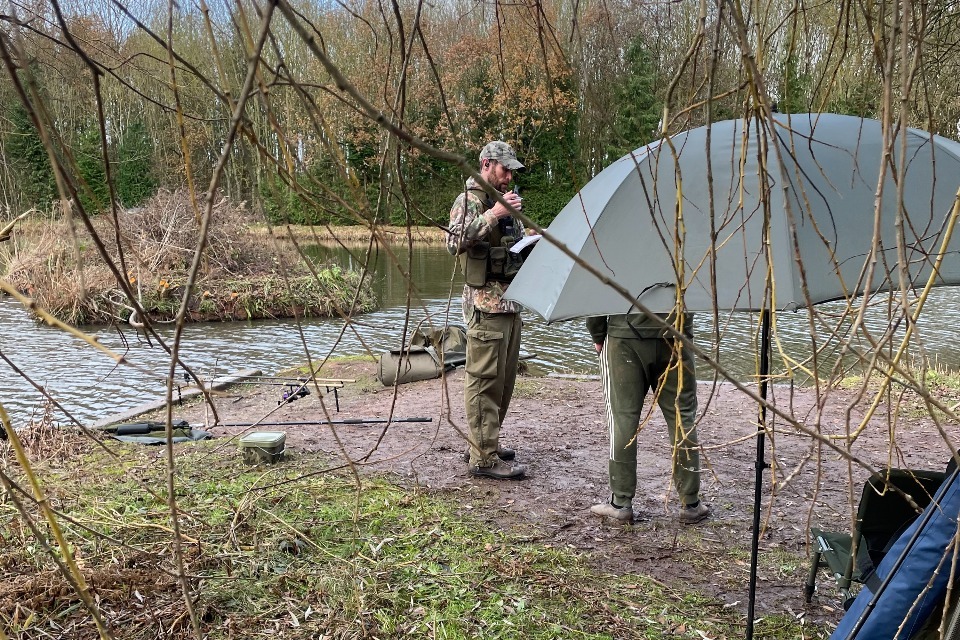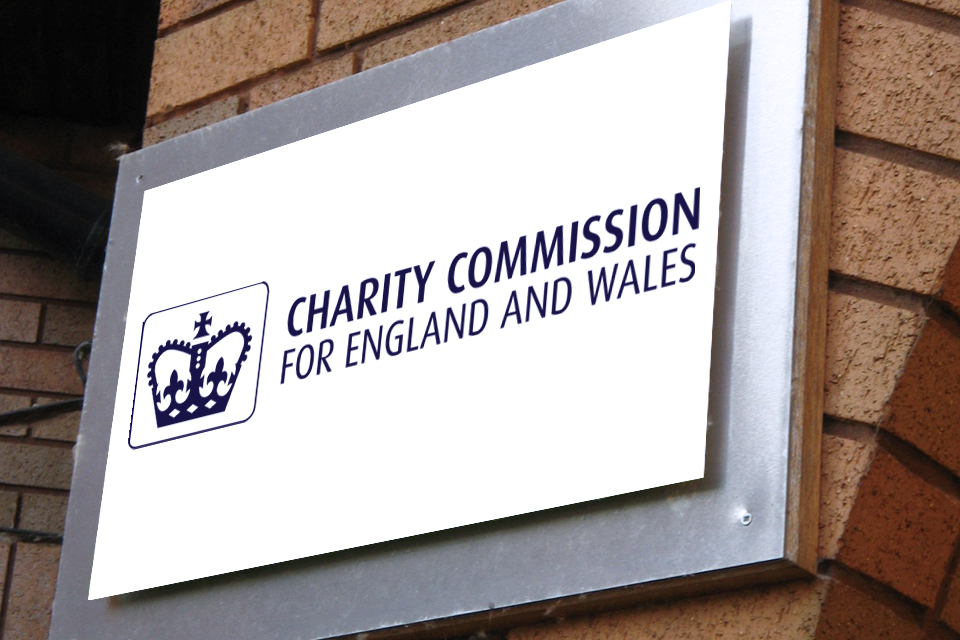Progress was made on several fronts at COP 16, including on the protection of 30% of land and ocean by 2030 with the government publishing new criteria to meet our domestic 30by30 targets in England .
Attendees at the summit in Cali, which included Environment Secretary Steve Reed, Nature Minister Mary Creagh and Natural England Chair Tony Juniper, agreed a deal on Digital Sequence Information (DSI), whereby genetic information that has been sequenced from the natural world can be made available online.
These DNA codes can then be used by scientists for important research in medicine, agriculture, conservation and public health. Businesses now have the option of voluntarily contributing to a new fund – known as the Cali Fund – if they use this genetic information from nature.
A New Finance Trends dashboards was also launched to increase transparency in nature finance, as well as a new framework to support a high-integrity biodiversity credits market.
COP16 significantly agreed the establishment of a new permanent body for Indigenous Peoples and local communities to empower them and increase their input into formal decision-making. As well as supporting further conservation, the Cali Fund will also see a significant proportion of the finance flowing back to these local groups.
The role of fungi was also elevated as the UK and Chile collaborated on a pledge to give fungi the same protection as plants and animals, noting their vital role in addressing the environmental crisis.
The UK was, however, disappointed that COP16 concluded before reaching an agreement on international strategies for mobilising nature finance and a framework for monitoring progress against international targets.
Nature Minister Mary Creagh said
“The UK was back on the global stage in Cali, driving progress on nature recovery both at home and across the world.
“It’s never been more important to tackle the nature and climate crises, and so the progress made is important.
“But it’s clear there is more work to do internationally, and we will continue to work with countries and environmental groups to drive further progress.
“The UK will continue to press for concerted action to resolve these outstanding issues and for the full implementation of the Global Biodiversity Framework.”
Chair of Natural England, Tony Juniper said
“It has been a privilege to partake in COP16 and hear from voices around the world, particularly those from Indigenous Peoples and local communities, about how we can strive to protect our precious natural world.
“Colombia is home to incredible species of birds, orchids & butterflies – hosting the conference in this biodiversity hotspot added a huge sense of energy to discussions we had here about the global nature recovery effort.
“As delegates return home, we have much work ahead to ensure that the energy of COP16 translates into action within countries. Time to act is now rapidly running out fast and far greater determination is going to be needed to ensure the Global Biodiversity Framework is upheld.”







